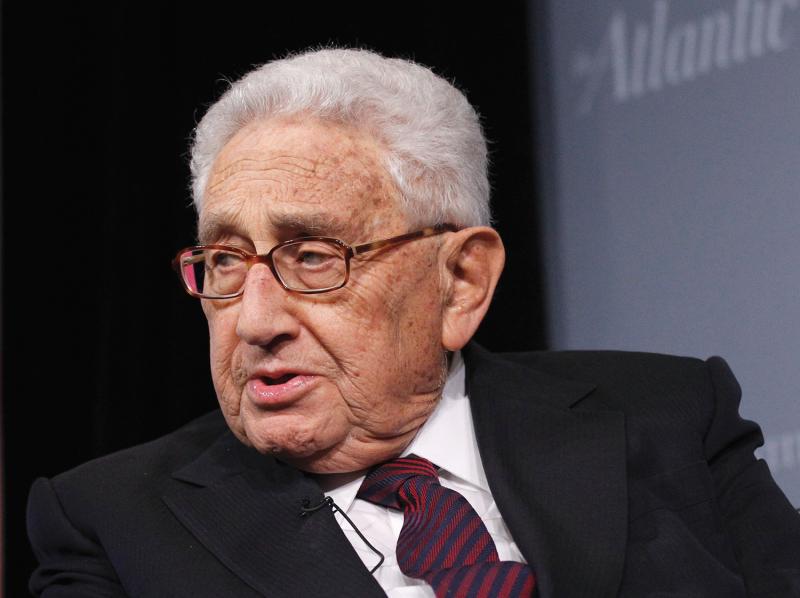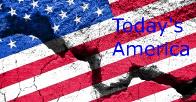Henry Kissinger remains wrong on China



As he turns 100 later this month, Henry Kissinger is often wrong, but never in doubt — not least on China.
"No" was his defiant response when asked by CBS News's Ted Koppel during an interview last week whether we are now all the worse for the opening to China that Kissinger pioneered under the Nixon administration. "China's reentry into the international system would have happened," Kissinger added with his signature self-assurance.
Why hide behind counterfactuals rather than count the facts? Let's consider what actually came of Kissinger's overtures to Beijing those many years ago.
First, the United States recognized China in 1979 at the expense of Taiwan, swapping relations with a pro-American country for relations with an anti-American one. Not a good deal.
Second, bilateral trade rose from $5 billion in 1980 to $691 billion in 2022. In return for cheap stuff, America lost millions of manufacturing jobs and much of the country's defense industrial base — not to mention the trillions of dollars American companies have lost to Chinese intellectual property theft.
Third, the Marxist-Leninist nutjobs in Beijing funneled this money into their campaign to supplant America as the global top dog. They've used China's new wealth not to rise peacefully but to crack down harder on their population, bully their neighbors, and threaten to kick us out of the Indo-Pacific. In just two generations, China built the world's second-best military. It also is happy to rot our children's minds on TikTok and smuggle fentanyl across our borders to kill 100,000 of us annually. Never before has a great power abetted a foe's rise so rapidly and so enthusiastically.
Kissinger can argue that the opening to China made sense at the time. Indeed, we capitalized on the Sino-Soviet split to peel the Chinese away from their overlords in Moscow.
But that was a short-term tactical victory. The Soviets' fall had very little to do with China and much more with their own decrepitude and American power. Moreover, today's China is a far greater challenge, controlling a much larger share of global GDP than the Soviets ever did.
Whatever gains we reaped from the opening to China have long been surpassed by its drawbacks. The evidence is in. It was not worth it.
The fallout from Kissinger's diplomacy is now on arresting display in the Taiwan Strait. There, China is on the verge of invading the country that we hung out to dry. "From that point of view, it's a very dangerous period," Kissinger said in the same interview about the looming war between China and Taiwan. He's right about that. Yet this very dangerous period has its roots in the foreign policy he implemented. When Kissinger was in government, China did not have a prayer of taking over the island. How things have changed.
Contrary to what Kissinger averred, China's reentry into the international scene was not bound to occur. He, more than anyone, should remember the elemental truth of history that nothing is inevitable. Better to reflect on real consequences instead of imagined ones.
It's unreasonable to expect such a supremely confident man to become humble as he begins his 11th decade of life. Dare we expect him to acknowledge the opening to China for what it was: a long-term strategic catastrophe?




Kissinger's only mission in government was to protect the wealth of the wealthy.
On an aside. On one of 'the Nixon tapes' President Nixon was railing against Wall Street and the Big banks to Kissinger in The Oval Office. What Nixon didn't know or realize was the fact that Kissinger was one of them.